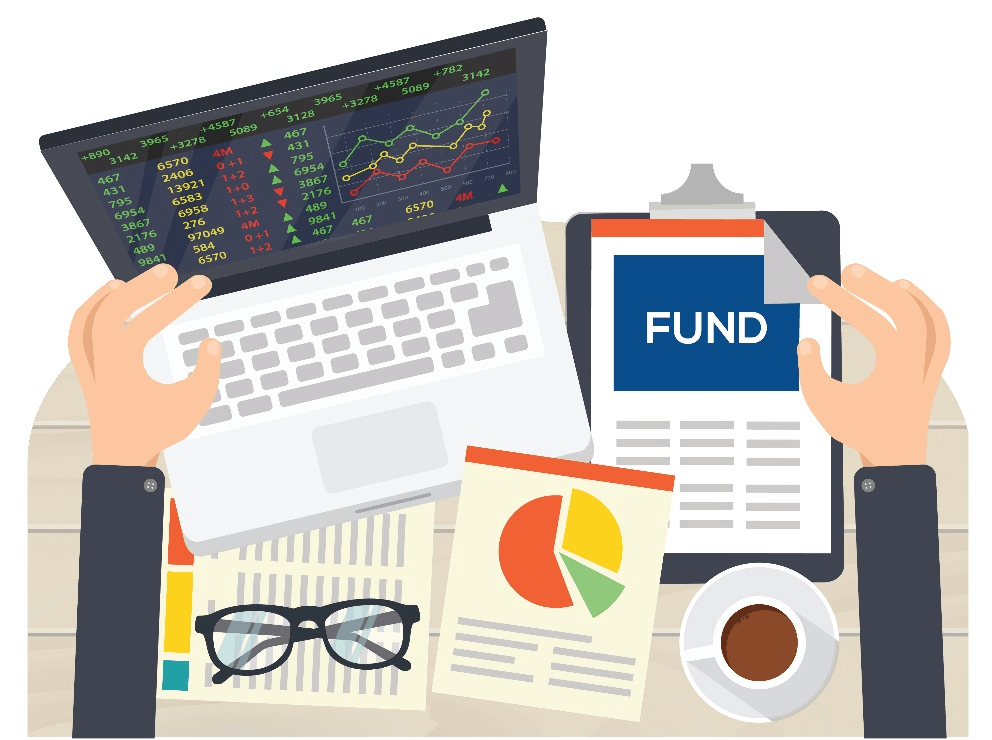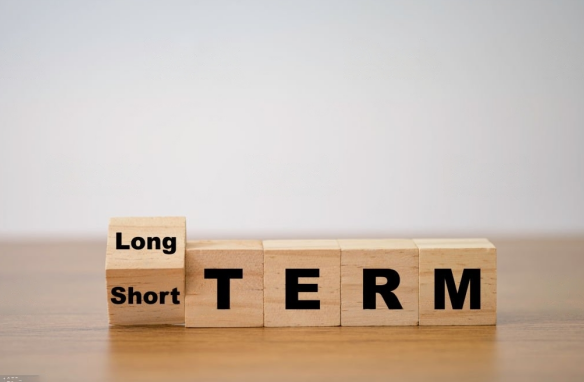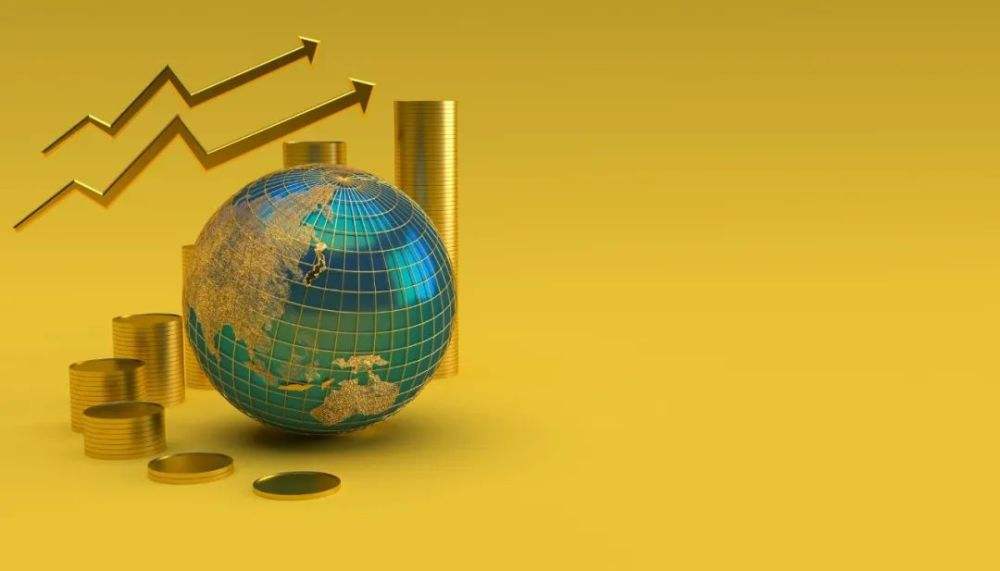
1. What are the categories of financial products? What is the difference between funds and other products?
In terms of underlying investment, wealth management products mainly include cash management (such as deposits, bank notes, interbank certificates of deposit and other monetary assets), fixed income (time deposits, general bank wealth management), equity (such as fixed income & wealth management products linked to stock indices, funds, stocks), and of course also include a range of alternative investment products such as gold, precious metals, insurance and other financial derivatives such as futures.

There are two main differences from other products:
Broadly speaking, a fund is the management and operation of assets for a specific purpose and use, by a professional fund manager. It has various financial attributes of the financial products mentioned above, depending on the different underlying objects invested. Therefore, it is very flexible and diverse, with risk levels ranging from R1 to R5.
In a narrow sense, let’s take bank pure bond financial products and public pure bond funds to compare. The underlying investment is also pure bond, and neither of them promises to guarantee capital and interest. However, in terms of product differences, the former cares more about the current customer experience, so it pursues absolute returns; the latter cares more about revenue ranking, so it pursues relative returns. In fact, the same is true for banks’ fixed income & wealth management products and public funds’ secondary debt funds.
2. Who is suitable for buying funds?

The answer is everyone. As stated above, the fund itself has all the diversity of financial attributes and a very low investment threshold. So whether you are a newly minted college student or a successful person with over a billion dollars, you can buy according to your risk appetite and financial strength.
To put it another way, some of you may say, “I have never thought about or considered buying a fund”. But unfortunately to tell you, you have already passively participated in buying funds, which includes your provident fund, social security fund and retirement fund. In Norway, the entire country has set up a national sovereign fund with assets of $1.3 trillion in 2021, making it the largest sovereign wealth fund in the world. So it is still the same, anyone is suitable to buy the fund.
3. When making asset allocation, why do I need a fund?
The meaning of asset allocation lies in the combination of different major asset classes, taking advantage of the negative correlation between major asset classes, thus increasing the fault tolerance of the entire portfolio and ultimately achieving asset preservation and appreciation!
The diversity of financial attributes of funds perfectly meets the purpose of asset allocation, so the purchase of funds is of great significance.
4. What kind of client you are?

Generally speaking, there are mainly two kinds of funds clients:
The first category of clients has little experience in equity investments and generally invest no more than 5% of their total financial assets. Their characteristics include a desire to make quick money, small investment amounts, and a priority for the safety of principal over the size of returns.
The second category is clients who have some experience in equity investments. The characteristics of them include willingness to invest for the long term, acceptance of high-risk, high-return investment strategies, and absolute trust in the professionalism of the account manager.





